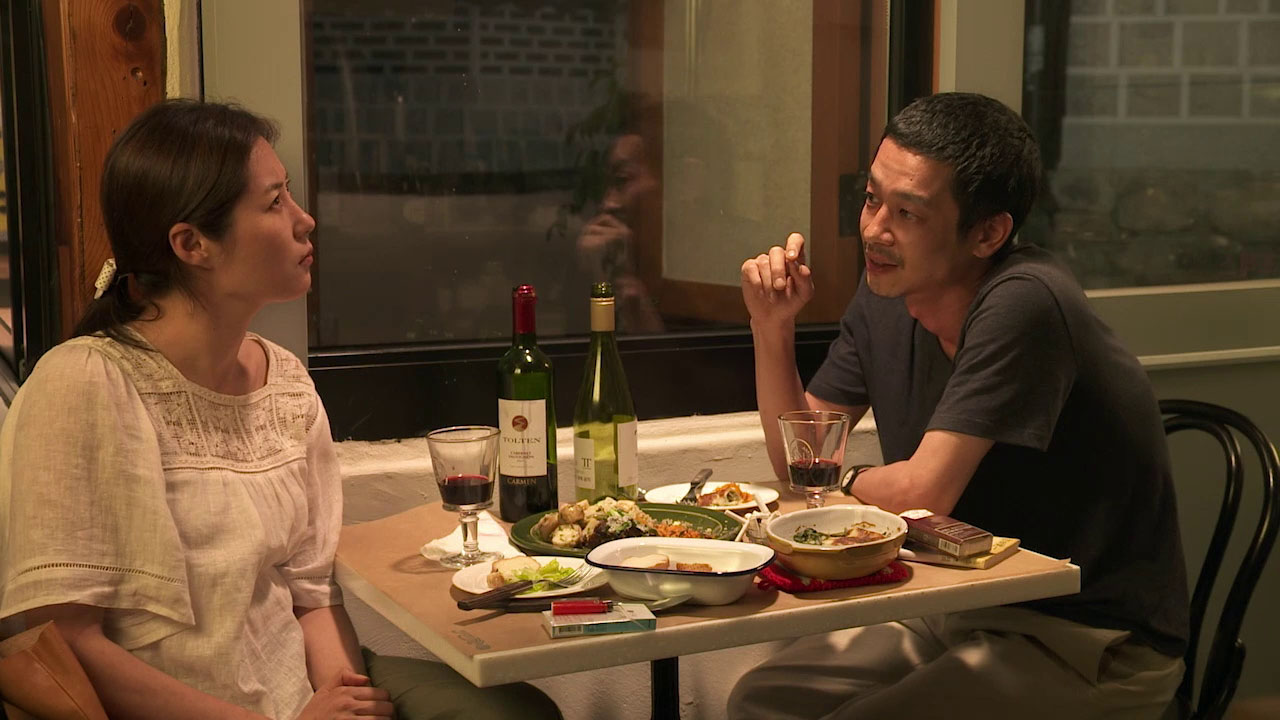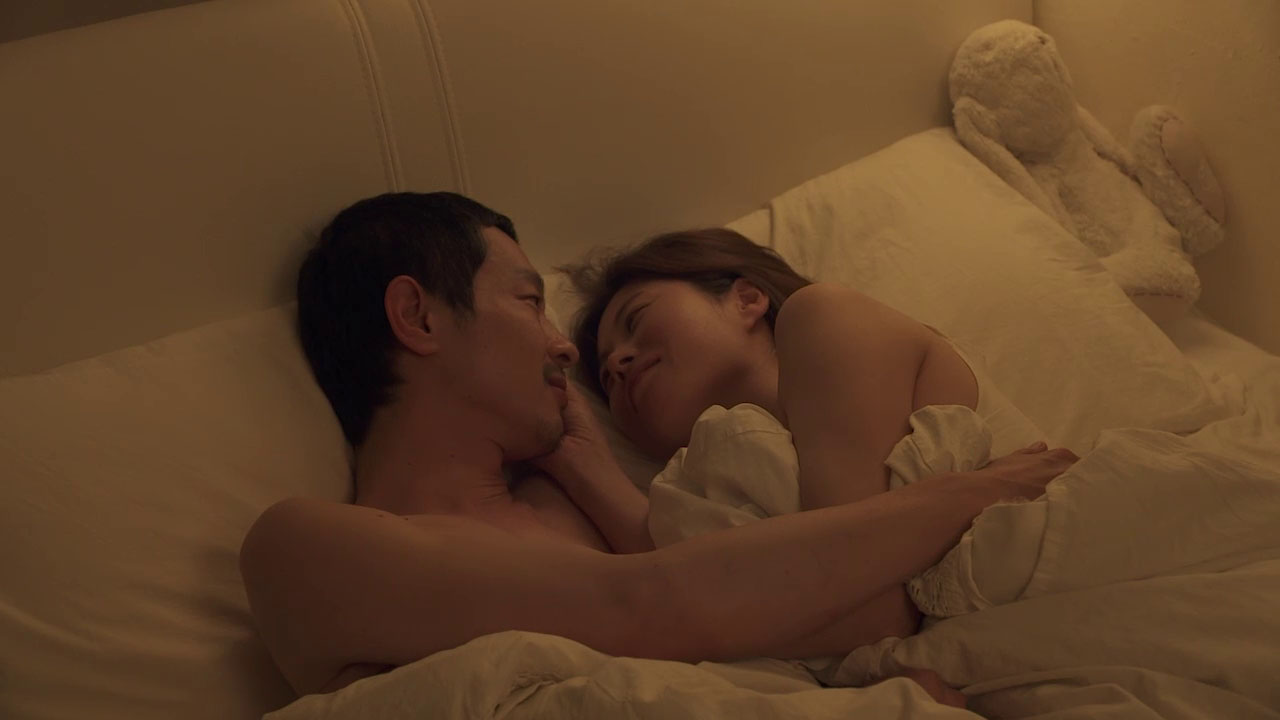Opens with a shaky walking cam, some zooms and shock edits, brief gore and nudity, but feels like its own thing, distinct from the Argento and Fulci movies I usually end up watching. Since discovering the great Michele Soavi last year, I’ve been optimistic about expanding my Italian horror canon. Ferroni was a familiar name because of his Brigade, and this, his penultimate film, was quite good.

I don’t think this was the intention, but I’m going to think of this as one of those stories where someone shows themself to be a real asshole, then they get severely punished by paranormal forces. Nicola is an entitled city dude, played by Gianni Garko (star of the Sartana series, Fulci’s The Psychic, and Dracula Blows His Cool) who busts up his car then intrudes on a rural family as they’re returning from father’s funeral, claiming he doesn’t want to be a burden, but also insisting everyone listen to his problems and give him immediate assistance.


Until the car can be fixed, Nicola is stuck with the seven remaining family members, who are worriedly whispering about ending a curse, so he gets gradually clued in. It’s not long before the hot daughter Sdenka falls in love with the stranger, and also the dead man’s brother goes out to fight the witch in the woods, returns cursed, and after being stabbed in the heart his face melts nice and slowly, and the movie just chills out and watches it go.
Mouseover to melt Uncle’s face:


The second half ends up like so many horrors, with family members in the dark outside yelling someone’s name over and over. The curse catches them quickly, since it causes the afflicted to seek to turn the one they love most, a detail reminiscent of It Follows. “The terror of loneliness – they kill others primarily because they want company, and those victims search for their own company… a neverending chain of death, unless one can break a link,” says the organist in town after Nicola gets his damned car fixed. Meanwhile back at the ranch, the youngest wanders off, comes back bloodthirsty and kills her mom, then all hell breaks loose and our dude returns to a total zombietown. He flees his loving Sdenka, arrives crazed and nonverbal at a hospital, where Sdenka tracks him down, he stabs her and… she doesn’t melt, so he’s just a lunatic murderer.


The same Tolstoy story (here adapted by the writer of Kill, Baby… Kill! and at least two others) was also filmed as the Boris Karloff section of Black Sabbath a decade earlier, The Vampire Family in Russia two decades later, and a Fear Itself episode by Larry Fessenden. Damn good music – the composer also did La Notte and Deep Red, and died before having to hear one of his songs in Gaspar Noé’s Love. The DP shot The House That Screamed, which I’d hoped to catch this SHOCKtober but the month wasn’t long enough. Sdenka is Agostina Belli of a Richard Burton Bluebeard and Fulci’s The Eroticist, and her family members include Roberto Maldera (The Night Evelyn Came Out of the Grave), Cinzia De Carolis (Cannibals in the Streets), and the Deneuve-looking Teresa Gimpera (Spirit of the Beehive).






































